Bram Stoker’s Dracula Reconsidered
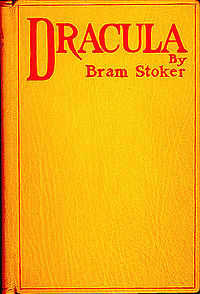
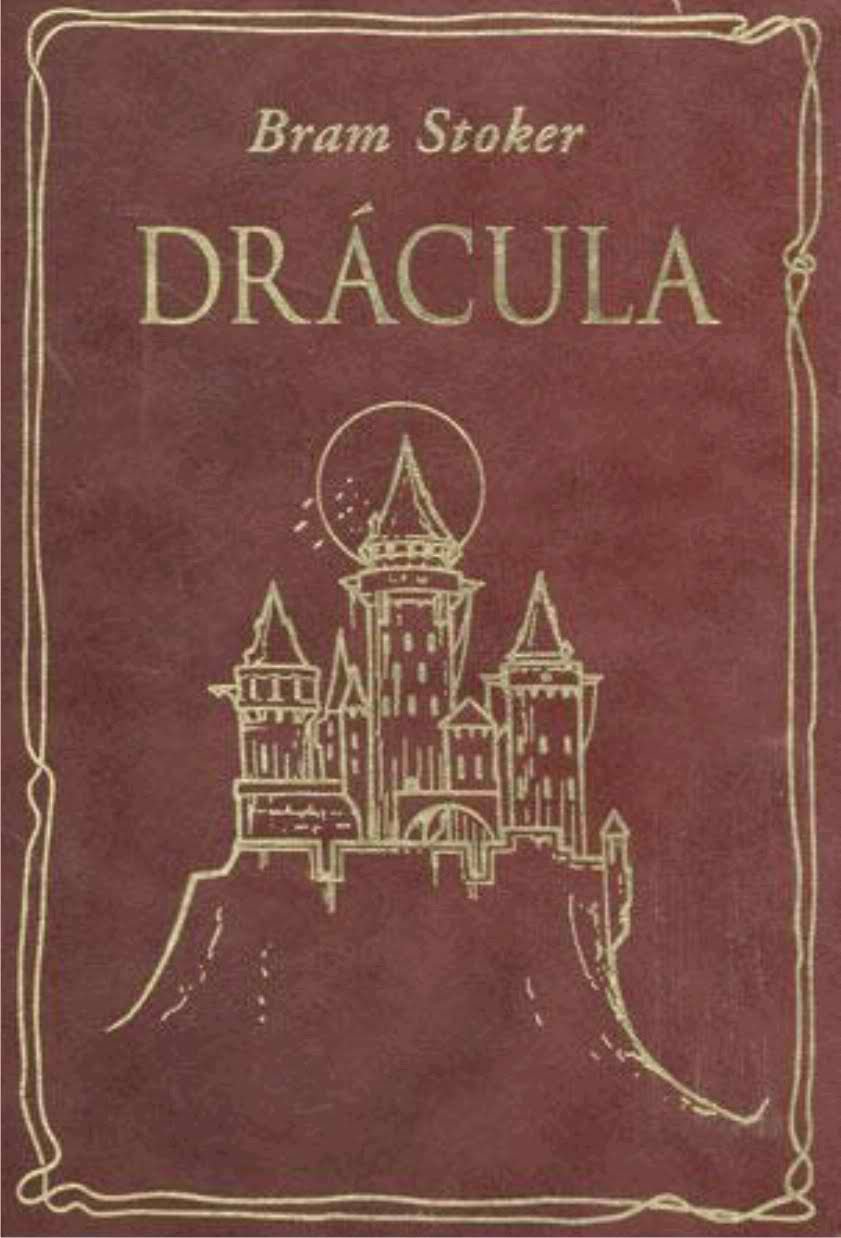 Bram Stoker’s Dracula (1897) has gradually won acceptance in literary circles over the past few decades as a legitimate work of literature after years of being dismissed as an influential work in a genre unworthy of serious consideration. Horror, much like mystery and fantasy, has always been dismissed as lowbrow entertainment. If mass acceptance is any measure of success, the book’s place has long since been secured. It is the only one of Stoker’s titles that has never fallen out of print at any point in the past 115 years. Public domain copies abound alongside dozens of editions from popular presses.
Bram Stoker’s Dracula (1897) has gradually won acceptance in literary circles over the past few decades as a legitimate work of literature after years of being dismissed as an influential work in a genre unworthy of serious consideration. Horror, much like mystery and fantasy, has always been dismissed as lowbrow entertainment. If mass acceptance is any measure of success, the book’s place has long since been secured. It is the only one of Stoker’s titles that has never fallen out of print at any point in the past 115 years. Public domain copies abound alongside dozens of editions from popular presses.
Most readers who happen upon this article are likely familiar with the book. Enthusiasts can be divided into two camps, although this division is rarely spoken of in polite company. The deciding factor that divides the two elitist camps is based solely on the matter of whether or not one chooses to accept “Dracula’s Guest,” the posthumously published excised chapter of an earlier draft of the novel, as an integral part of the story.
For most, the inclusion of the fragment is the deciding factor that determines whether one is obliged to purchase a particular edition of the book to sit alongside the others that inevitably collect upon one’s shelf. The more discerning consumer will also consider the placement of the story before or after the text of the novel as a deciding factor for a purchase. Contrarians will inevitably dismiss the fragment for the minor continuity errors it introduces to the narrative. Their smug dismissal sits rather uncomfortably in the face that the novel itself contains several other quibbling points of equal inconsequence. Sadly, the enlightened defender of “Dracula’s Guest” is invariably the more rational and less vocal of the two groups. Needless to say, I choose not to reveal which camp I fall into so as to preserve my objectivity and not alienate those heathen who fail to appreciate it.
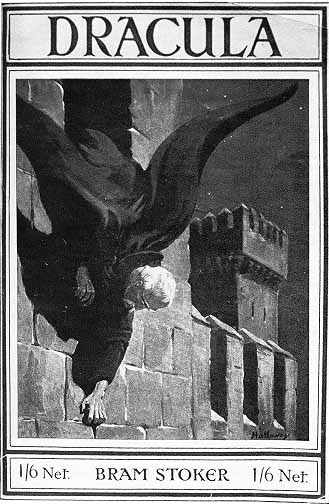
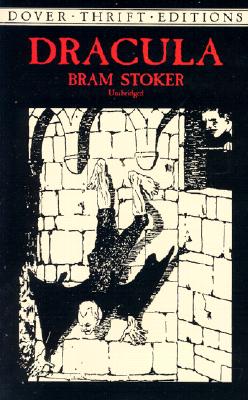 The basic plot of the novel is familiar even to those who have never attempted the book thanks to the countless inferior adaptations and parodies that reproduce at an alarming rate each year. It is a novel that I re-visit annually and is unique among its author’s work for never having lost its power to chill or captivate. The prevailing literary opinion of the past five decades has been that the novel is symptomatic of Victorian sexual repression. My own view has been that the novel’s strength lies in the power and conviction with which Stoker weaves a tale of modern, rational man confronted with the seemingly inexplicable supernatural.
The basic plot of the novel is familiar even to those who have never attempted the book thanks to the countless inferior adaptations and parodies that reproduce at an alarming rate each year. It is a novel that I re-visit annually and is unique among its author’s work for never having lost its power to chill or captivate. The prevailing literary opinion of the past five decades has been that the novel is symptomatic of Victorian sexual repression. My own view has been that the novel’s strength lies in the power and conviction with which Stoker weaves a tale of modern, rational man confronted with the seemingly inexplicable supernatural.
The conflict resulting from the Old World crossing into the New and the inevitable need for the Western protagonists to embrace the East’s traditions and superstitions to combat a dangerous unknown threat that modern science fails to recognize is what makes the story timeless. Sadly, adaptations and critical assessments too often fail to highlight this and we are left with a classic that remains criminally underappreciated not only because it is Gothic horror, but because its moral is one that runs contrary to the ever-hastening pace of progress.
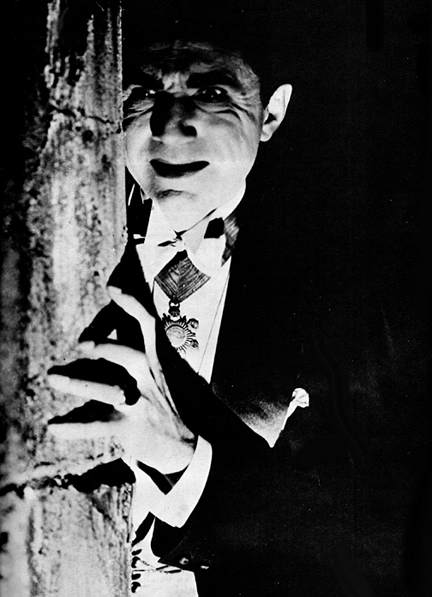
 From the standpoint of the 21st Century, Stoker’s seminal work, like Mary Shelley’s Frankenstein, or: The Modern Prometheus before it; is a novel that succeeded in saturating and influencing popular culture since its publication while ironically having its cautionary message lost in the translation. It is a strange fate for a novel that presents immortality as a curse, but perhaps man’s blindness to his own hubris is what makes such fiction resonate with truth.
From the standpoint of the 21st Century, Stoker’s seminal work, like Mary Shelley’s Frankenstein, or: The Modern Prometheus before it; is a novel that succeeded in saturating and influencing popular culture since its publication while ironically having its cautionary message lost in the translation. It is a strange fate for a novel that presents immortality as a curse, but perhaps man’s blindness to his own hubris is what makes such fiction resonate with truth.
William Patrick Maynard was authorized to continue Sax Rohmer’s Fu Manchu thrillers beginning with The Terror of Fu Manchu (2009; Black Coat Press). A sequel, The Destiny of Fu Manchu will be published next month by Black Coat Press. Also forthcoming is a collection of short stories featuring an original Edwardian detective, The Occult Case Book of Shankar Hardwicke and an original hardboiled detective novel, Lawhead. To see additional articles by William, visit his blog at SetiSays.blogspot.com
Enjoyable post! Big fan of Dracula here myself. What edition of the book now includes “Dracula’s Guest”? I think I have the Penguin Classics version.
While my remarks about the “Dracula’s Guest” controversy were meant in jest, there are several editions that now include the story. Most, like the Leslie Klinger annotated edition, include it as an appendix. My favorite edition is the one currently in print from Fall River Press (Barnes & Noble’s imprint), edited and with excellent notes by Marvin Kaye. This edition incorporates the story as a prologue.
If you’re interested in reading a bit more about it, the original version of this article reviewed that edition and can be found at my blog, http://www.SetiSays.blogspot.com as the first entry of 2010.
Glad you enjoyed the post, Brian!